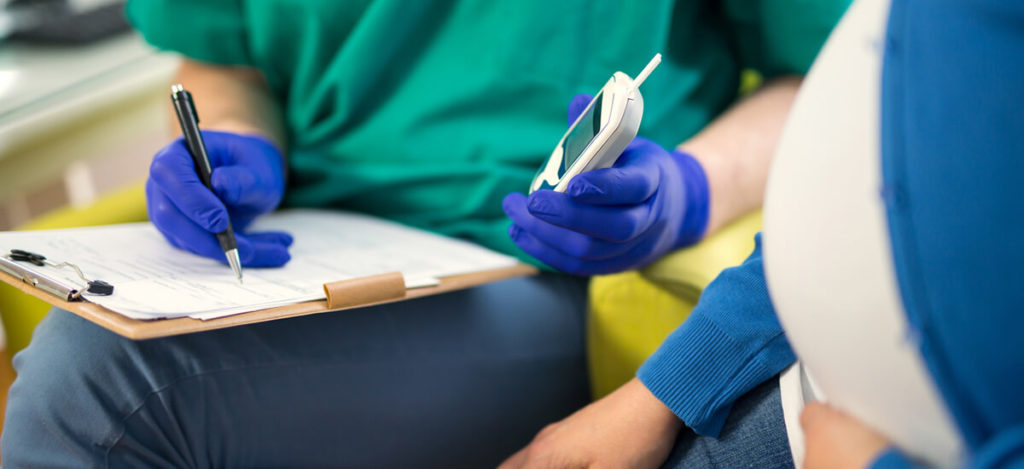The purpose of this study is to determine whether radioactive iodine, as compared to anti-thyroid medications, is a risk factor for the development or progression of thyroid-associated ophthalmopathy in patients with hyperthyroidism due to Graves’ disease. The other aim of this study is to determine the incidence of the various ophthalmopathy subtypes and the utility of orbital antibodies in the diagnosis, classification and monitoring of patients with thyroid-associated ophthalmopathy.
Official Title
Thyroid-Associated Ophthalmopathy Subtypes and Orbital Antibodies
Conditions
Graves’ Ophthalmopathy
Study Type
Interventional
Study Design
Treatment, Randomized, Open Label, Active Control, Parallel Assignment, Safety/Efficacy Study
Further Details
Primary Outcome Measures: Onset or progression of ophthalmopathy following radio-active iodine therapy
Study Start
August 2003; Study completion: January 2006
Eligibility & Criteria
- Ages Eligible for Study: 18 Years and above
- Genders Eligible for Study: Both
Inclusion Criteria:
- Graves’ disease diagnosed in the last 3 months, regardless of the presence of ophthalmopathy
Exclusion Criteria:
- Pre-existing eye disease: e.g. orbital surgery, orbital irradiation or significant loss of vision
- Age < 18 years
- Inability to consent to participation in the study
- Pregnancy
- History of radio-active iodine therapy
Total Enrolment
60
Contact Details
Barwon Health – The Geelong Hospital, Geelong, Victoria, 3220, Australia
All content and media on the HealthEngine Blog is created and published online for informational purposes only. It is not intended to be a substitute for professional medical advice and should not be relied on as health or personal advice. Always seek the guidance of your doctor or other qualified health professional with any questions you may have regarding your health or a medical condition. Never disregard the advice of a medical professional, or delay in seeking it because of something you have read on this Website. If you think you may have a medical emergency, call your doctor, go to the nearest hospital emergency department, or call the emergency services immediately.







